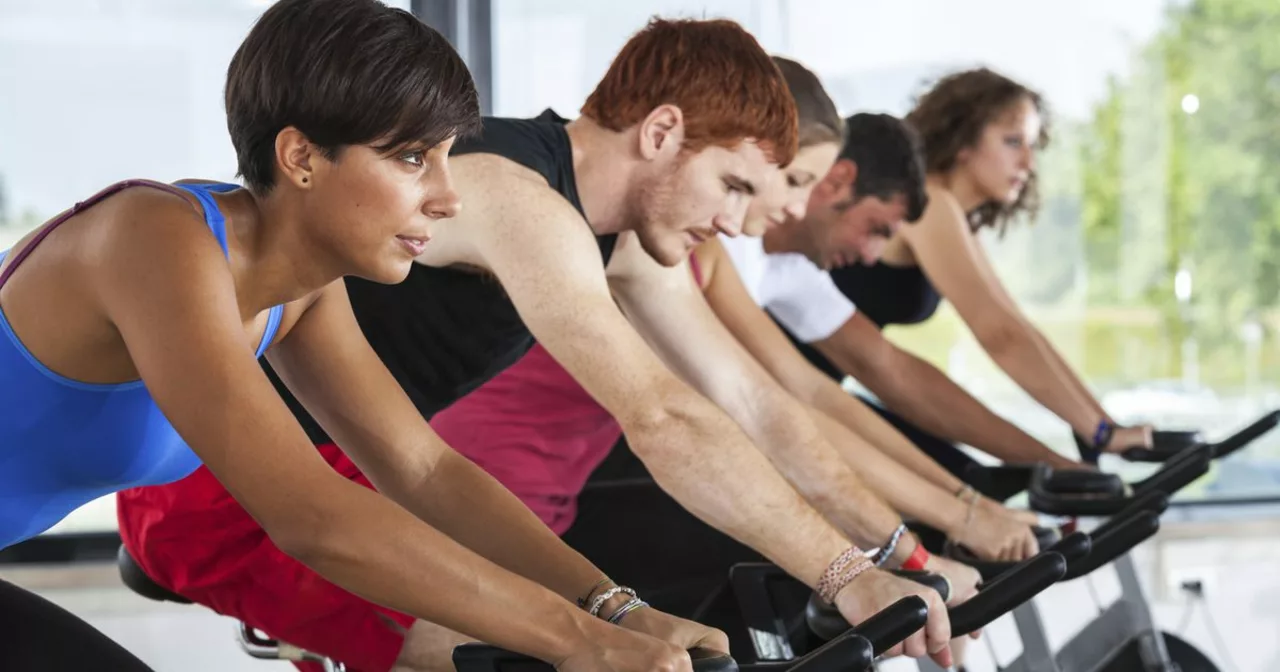Health Insights for Cyclists and Active Lifestyles
When talking about health, the overall state of physical and mental well‑being. Also known as well‑being, it shapes how we feel, recover and perform every day. For anyone who spends hours on a bike, health isn’t just a buzzword – it’s the foundation that lets you ride farther, faster and with fewer aches.
Cycling a low‑impact endurance sport that blends cardio, strength and skill is a perfect case study of how one activity can drive broader health benefits. Riding boosts heart health, strengthens legs, and sharpens focus. At the same time, it creates a feedback loop: better health lets you push harder, and harder rides improve health. That’s why many coaches say health encompasses cycling performance and why you’ll see articles about training plans, posture tips and recovery strategies in this collection.
Why Exercise Matters Beyond the Ride
Exercise any planned physical activity that elevates heart rate and challenges muscles is the engine behind the health‑cycling connection. Whether you’re doing interval sprints on the road or a quick body‑weight circuit at home, exercise influences blood flow, hormone balance and sleep quality. Studies from sports science labs confirm that regular exercise improves cardiovascular health and reduces injury risk. In our posts you’ll find practical tips on how to integrate cross‑training, how to avoid overuse injuries, and why a balanced workout week matters for long‑term progress.
Nutrition plays an equally critical role. Nutrition the intake of foods and fluids that fuel the body and aid recovery determines how quickly you replenish glycogen, how well you repair muscle, and even how you manage weight. A well‑planned diet supports endurance, reduces fatigue, and helps keep the immune system strong during heavy training blocks. You’ll see articles breaking down the best carbs for long climbs, the importance of electrolytes on hot days, and simple meal ideas for busy riders.
When it comes to body composition, weight loss the process of reducing body fat while preserving muscle mass often shows up as a goal for cyclists aiming to improve power‑to‑weight ratio. Weight loss influences health metrics such as blood pressure and cholesterol, and it directly affects climbing speed. Our guides explain how to combine cycling with smart calorie tracking, why crash diets hurt performance, and how gradual, sustainable changes lead to better results.
All these pieces—cycling, exercise, nutrition and weight loss—interact in a web of cause and effect. Nutrition supports weight loss and injury prevention, while weight loss improves health metrics like aerobic capacity. Together they create a cycle (no pun intended) where each improvement fuels the next. The posts below dive deep into each of these topics, from gear choices that protect your back to mental strategies for staying motivated on long rides.
Ready to see how these ideas play out in real‑world tips, training plans, and science‑backed advice? Browse the collection to discover actionable insights that can lift your health, sharpen your cycling, and keep you moving forward with confidence.

Is it harmful to cycling 2 hours every day?
Cycling is a great way to get exercise, but it can be harmful if done in excess. Overdoing it by cycling two hours a day can lead to a variety of physical issues such as muscle soreness, fatigue, and joint pain. It can also lead to an increased risk of injuries and dehydration. To maintain optimal health and safety, it's important to cycle in moderation and take regular breaks. Additionally, it's essential to make sure your bike is adjusted properly and that you have the right gear for the terrain. By following these steps, you can enjoy cycling without the risk of harm.

What is the advantage of Cycling?
Cycling is an excellent form of exercise that provides many physical and mental health benefits. It is low impact, easy on the joints, and can be done at any age and fitness level. Cycling helps to improve cardiovascular health, increases muscle strength and flexibility, burns calories, and can help to reduce stress levels. Additionally, cycling is a great way to get around as it is environmentally friendly and helps to reduce traffic and pollution. It is also an economical form of transportation as you don't need to pay for gasoline or parking.